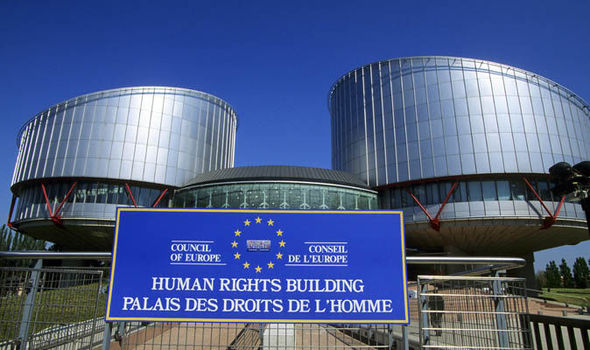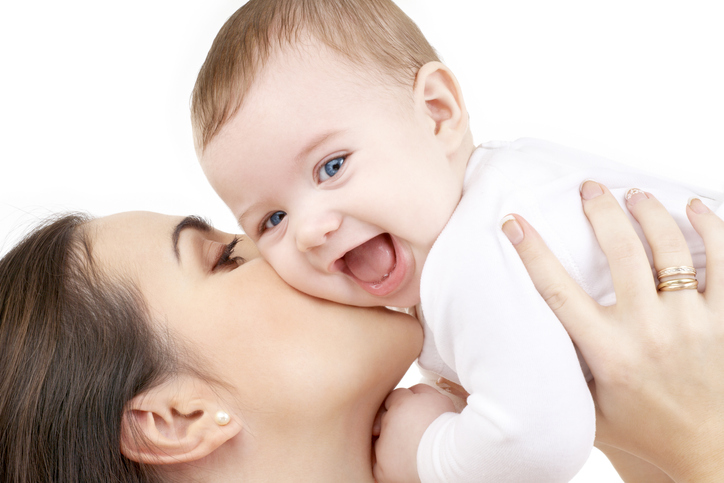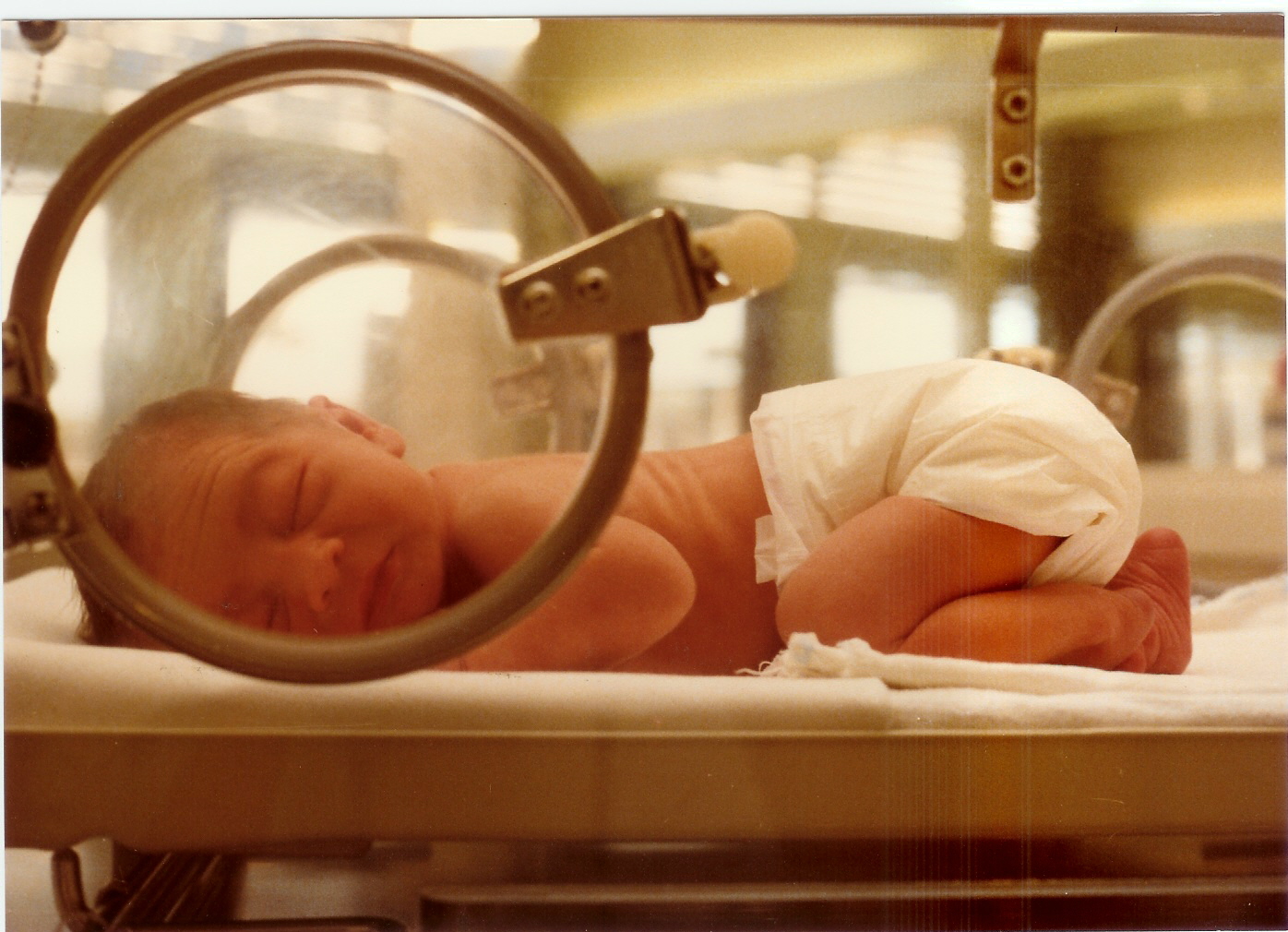The constitution’s special protection for marriage came in for criticism at Saturday’s meeting of the Citizens’ Assembly on gender equality with claims made that it excludes the recognition of non-traditional families.
Single mother Adele O’Connor and separated father Dave Saunders, from Tallaght, Dublin, gave personal testimonies on how the Constitution affected their lives.
Ms O’Connor said she was “disappointed in the status of the Constitution” which accords special protection to the family based on marriage. Marriage has arisen as a special institution in almost every part of the world, historically-speaking, because of society’s interest in trying to ensure men and women raise their children together.
Mr Saunders, an unmarried father and CEO of the From Lads to Dads focus group, said he had moved out of his family home 15 years ago after a relationship breakdown. He felt the Constitution had not recognised his or any other separated fathers’ rights.
Paula Fagan, CEO of LGBT Ireland and in a same-sex partnership raising two boys, said that Article 41.3.1 of the Constitution did not recognise her family even though it permits same-sex marriage.
She and her partner Denise “planned our family together and were lucky enough to have our gorgeous boys, who are the centre of our world”.
But Ms Fagan said, “only one of us is legally recognised as a parent”.
“Once there is a donor involved, it is a problem as far as the family is concerned. We ask you to recognise and protect our family by broadening the definition of family.”
The couple can both avail of guardianship rights for the children’s medical care but this entitlement “runs out at 18”. Ms Fagan said the Constitution “needs to recognise, protect and uphold what matters in a family”. But currently it’s “a barrier to recognising our family. Marriage equality didn’t fix this”.


















